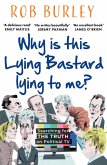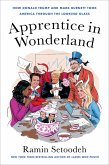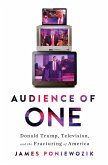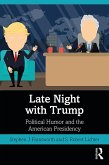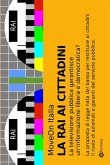Daoud Kuttab knows. The ups and downs of producing a world-famous children's program quickly escalated into more than just teaching Elmo to speak Arabic like the new Palestinian characters, Kareem and Hanin. The executive producer of the Palestinian version of Sesame Street endured working under Israeli occupation, navigating through checkpoints and M15s, arrest, and personal tragedy. Animating hand puppets against a backdrop of the turbulent Palestinian-Israeli peace process drew him into exciting, tense times that made Cookie Monster's search for sweets seem like child's play.
After a surprise phone call from Children's Television Workshop, Daoud took the chance of lifetime to create a Palestinian coproduction of Sesame Street. From finding actors and puppeteers in a country starved of training to dealing with a community that considered the production too provocative, the early days were less than easy. A controversial crossover segment, where Palestinians and Israelis meet on screen on the same street, only added to the tension. Unable to film in Ramallah, the whole productionincluding Daoud's son and star of the show, Bisharatraveled with the Palestinian-made set to TV studios in Tel Aviv. They even had to smuggle in the lead puppeteer, Fadi al Ghol. Yet, days after the first episode aired, Daoud was arrested.
Journey into his unusual world, where the signing of the Oslo Accords, Palestinian Prime Minister Salam Fayyad, Hollywood star Richard Gere, and the King of Jordan played important roles. Not even Kermit could have imagined this unique, exciting, and undeniably fascinating expansion of America's most enduring children's show into a new world bound by the West Bank desert, politics, media, and money.
Illustrated. Available in print and audiobook editions.
About the author: Daoud Kuttab, a Palestinian award-winning journalist and television producer from Jerusalem, co-produced Palestinian Diaries, Icarus Films that has become the best chronicle of the Palestinian intifada. He is a former Ferris Professor of Journalism at Princeton University, columnist for Al-Monitor, and reporter for Arab News. He established the Institute of Modern Media at Al Quds University and was the first Palestinian to interview an Israeli Prime Minister for the leading Al Quds daily in June 1993. He writes regularly in major publications, such as the Washington Post, New York Times, and Jordan Times, and often contributes to Project Syndicate. He established the Arab world's first internet radio AmmanNet, and is the founder and director of Community Media Network in Amman. As a leading activist for press freedom in the Arab world, he was the first Arab to be elected to the Vienna-based International Press Institute, where he holds the portfolio of press freedom.
Dieser Download kann aus rechtlichen Gründen nur mit Rechnungsadresse in A, B, CY, CZ, D, DK, EW, E, FIN, F, GR, H, IRL, I, LT, L, LR, M, NL, PL, P, R, S, SLO, SK ausgeliefert werden.



